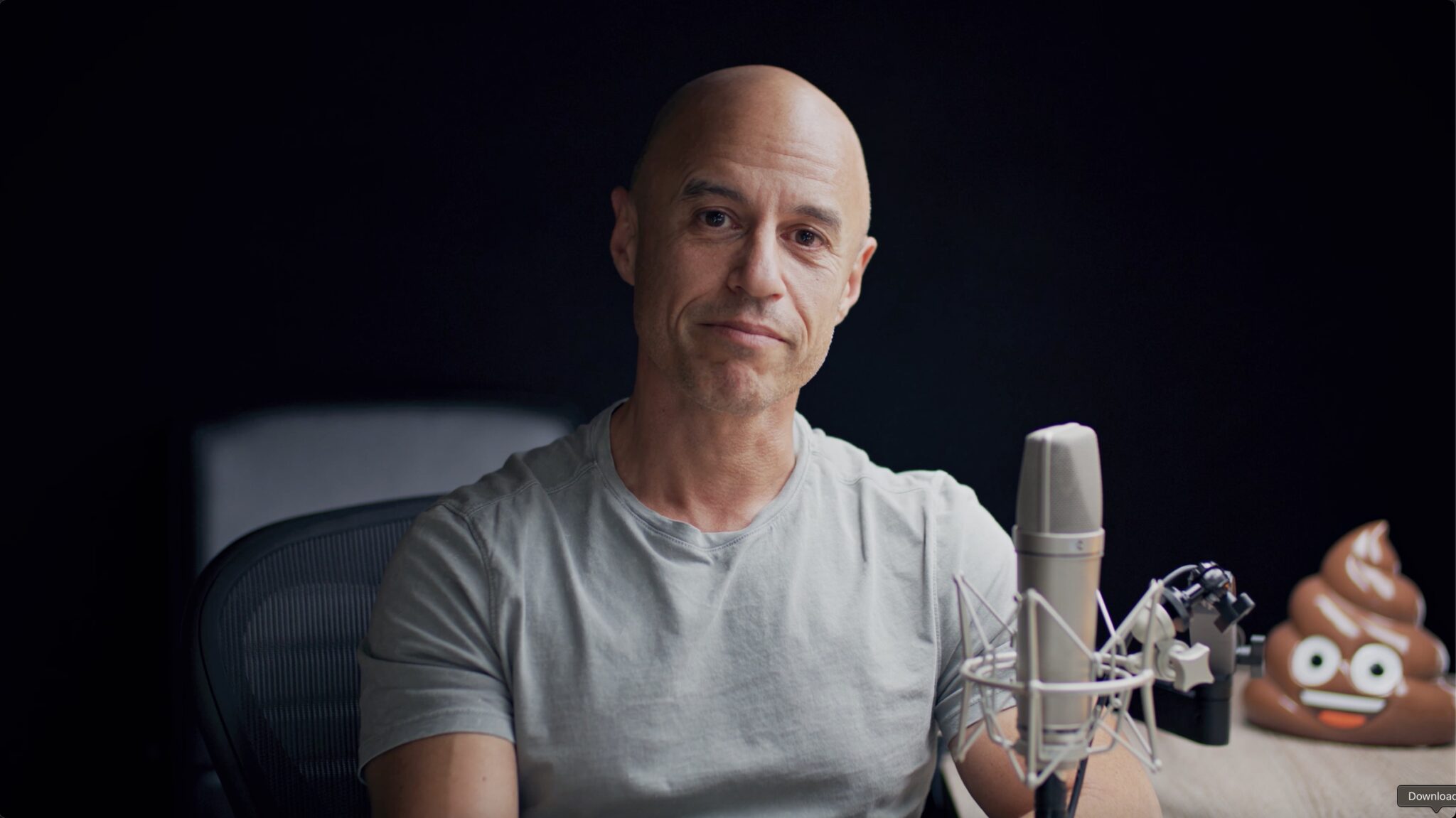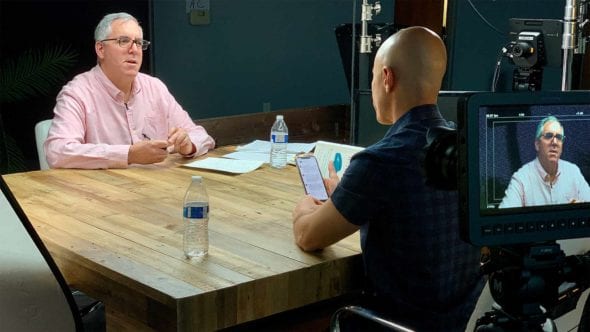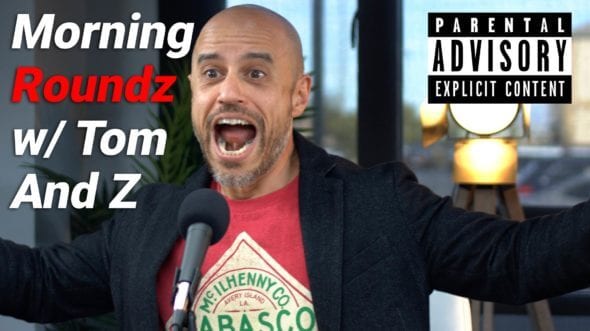On what would have been my father’s 86th birthday, I found myself reflecting not just on loss, but on the nature of belief itself—and how our attachments to ideas can become the very weapons that tear us apart.
Here’s a summary of this previously live conversation on Facebook 👇
The Violence of Belief
The recent political violence in our country isn’t surprising when you examine what happens when humans hold beliefs as absolutely true. Every belief, when investigated deeply, can be deconstructed into dust—perspective, view, conditioning. Yet we’re willing to kill for these mental constructs, these stories we tell ourselves about reality.
Social media algorithms profit from this polarization, turning us into puppets dancing to engagement metrics we don’t understand. The antidote isn’t more beliefs, but seeing through them entirely.
A Father’s Final Gift
My dad’s passing in April 2024 gave me an unexpected gift in our final phone conversation. As he struggled with hypoxemia and faced his last hours, he wouldn’t go to the hospital until he spoke with me professionally—asking for my medical opinion despite my having left clinical practice.
In that moment, he made me feel like a doctor, a colleague, and his son simultaneously. After a lifetime of seeking his approval, it was given freely and unasked for…his final gift to me.
The Parasocial Paradox
The connections we form through screens—like the relationship between me and viewers—used to feel broken and one-sided. But even this is just another belief. These interactions are as real as any other, bringing joy and connection across digital spaces.
Beyond Conditional Love
When humans speak of love, we often mean conditional love—love for family (condition: they’re ours), romantic love (condition: they please or validate us), patriotic love (condition: shared identity). But this conditional love always generates its opposite: hate. They co-arise like matter and antimatter.
What I’m pointing toward is something different—an unconditional “loveness” that is the very fabric of experience. It includes both love and hate, war and peace, good and bad. It has no opposite because it includes everything. It’s not a thought or belief you have; it’s what you are, it’s sensed, it’s what this all IS.
The Question of Consciousness
When someone asked about AI consciousness, I realized the better question isn’t “Is AI conscious?” but “Are WE conscious?”
Can you actually find consciousness as something separate from the phenomena arising? Or are all appearances—including the appearance of being a separate self—simply self-knowing, self-radiant energy dancing ephemerally?
If there’s no separate you and no separate consciousness, then how are you different from AI? Both are phenomenal processes arising in and AS this seamless “loveness.”
Forgiveness as Seeing What Is
For those carrying guilt—like the nurse who told her husband his surgery would be routine before he died—forgiveness isn’t about excusing behavior. It’s recognizing that nothing could have been different because it happened as it did. The mind creates problems to solve, including the problem of “what if I had said something else?”
This second arrow of suffering is entirely constructed. Let it go not through force, but through seeing it couldn’t have been otherwise.
“Loveness”
Whether it’s sending love to strangers in grocery stores or finding the divine in daily prayer, these practices tune us into the non-separation that’s already here. It doesn’t matter what effect it has on others—it’s what it reveals about ourselves and the fabric of experiential reality itself.









